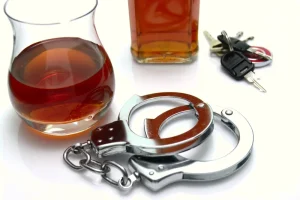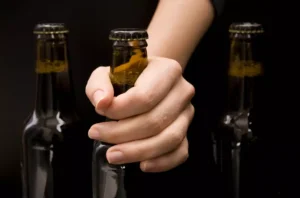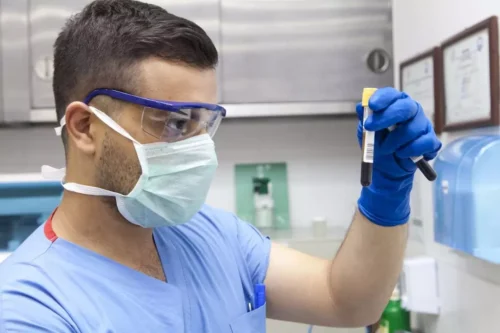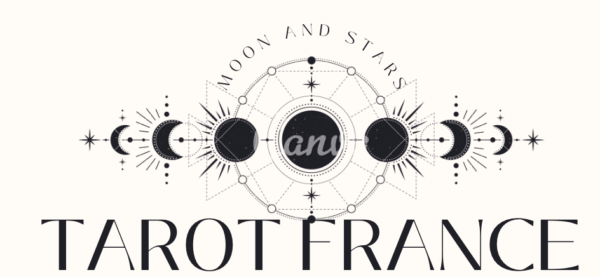
However, talking with a professional therapist or coach usually comes at a higher cost. Another feature of the app is a “burning desire” button that you can press to notify your group that you are having a difficult time and are thinking about drinking or using again soon. There is also a newsfeed option to share inspirational quotes, messages, or your own personal story with the community. WFS also offers additional support through phone volunteers and an online forum. LifeRing is free to attend, but donations are encouraged after meetings. As an alternative to faith-based recovery groups, LifeRing believes that you are the person best suited to understand and control your own sobriety.
Explore a new hobby and attend related social events.

Your mental health can affect — and be affected by — your loved ones. The euphoria of early recovery may be fleeting, but long-lasting balance is the goal. Here’s how to keep your head up through the process and handle reality with confidence.
Coming Out of Treatment? Get To Know Your Fellow Alumni
Loosid offers chat groups to help sober people meet one another where they live, make new sober friendships, and find people to do activities that don’t revolve around alcohol. In addition to its social components, Loosid also works as a recovery app, with a Sobriety Help feature to help individuals work through a recent relapse and how people can maintain sobriety. Self-Management and Recovery Training (SMART) offers global support meetings for recovery from addiction through self-empowerment.
How to Build a Sober Support Network
The very first parts of building a sober support network can start from the relationships you already have. Family members and friends who have stood by you can https://ecosoberhouse.com/ form the foundation of your network. However, not everyone in your existing relationships might be able to provide the necessary support for your recovery.
It’s important to remember that setbacks are a normal part of the recovery process and should not be seen as failures. In the event of relapses among support network members, it is crucial to continue seeking support and encourage those who have relapsed to get back on track. It’s essential to emphasize the importance of not letting setbacks discourage the recovery journey. While not essential, having a professional therapist in your support network can offer valuable guidance and coping strategies. Therapists can provide a safe space to explore underlying issues, develop healthy coping mechanisms, and navigate the complexities of recovery. They can also help address any co-occurring mental health concerns that may be present [5].
Addiction Education Programs
Additionally, it helps combat the social isolation that often accompanies addiction recovery. In summary, peer support plays a vital role in the recovery journey, leading to increased recovery success and a reduction in relapse rates. By actively engaging in peer support groups, individuals in recovery can leverage the power of shared experiences and encouragement to build a solid foundation for lifelong sobriety. Peer support groups have also shown effectiveness in reducing relapse rates among individuals in recovery.
The Journey
Acknowledging and rewarding progress is key to sustaining motivation throughout the recovery process. It’s important to acknowledge small victories and personal growth, as these contribute to your overall progress in the recovery journey. Self-care and personal growth are integral parts of the recovery journey.

By staying connected and actively supporting one another through setbacks, individuals can find the strength to continue their recovery journey. One effective way to connect with like-minded individuals is by attending recovery meetings. These meetings provide a safe and supportive environment where individuals can share their experiences, receive guidance, and establish meaningful connections. These connections can serve as a lifeline during difficult times and offer a sense of belonging. Building and maintaining a sober support network is a vital component of the recovery journey.
- Some group members are more experienced and have completed rehab many years ago while others are more recent graduates from a drug or alcohol treatment program.
- The most popular feature on the app is its dating network that lets you create a profile and match yours with other singles using the app.
- You may abandon your work, hobbies, and relationships as the addiction grows.
- Therapists can provide a safe space to explore underlying issues, develop healthy coping mechanisms, and navigate the complexities of recovery.
What Is A Sober Support Network?

Here are some of the fun activities you can enjoy that do not result in waking up drooling in a Bushwick warehouse. Whether you fancy a break from alcohol or simply want to supplement your drinking time with other fun pursuits. Check out this list and let me know if you have other suggestions for our readers to explore soberly. While you might understand the benefits of having a sober support group, finding one may seem overwhelming.
Promoting Your Self-Care and Personal Growth in Recovery
Through interactions and discussions within the network, individuals gain insights into their own thought patterns, emotions, and behaviors. This self-reflection helps them identify areas of vulnerability and potential triggers, enabling them to develop coping mechanisms sober network and make informed decisions to protect their recovery journey. The understanding and empathy offered by the support network provide a safe space for individuals to explore their thoughts and emotions, ultimately leading to personal growth and self-discovery.
